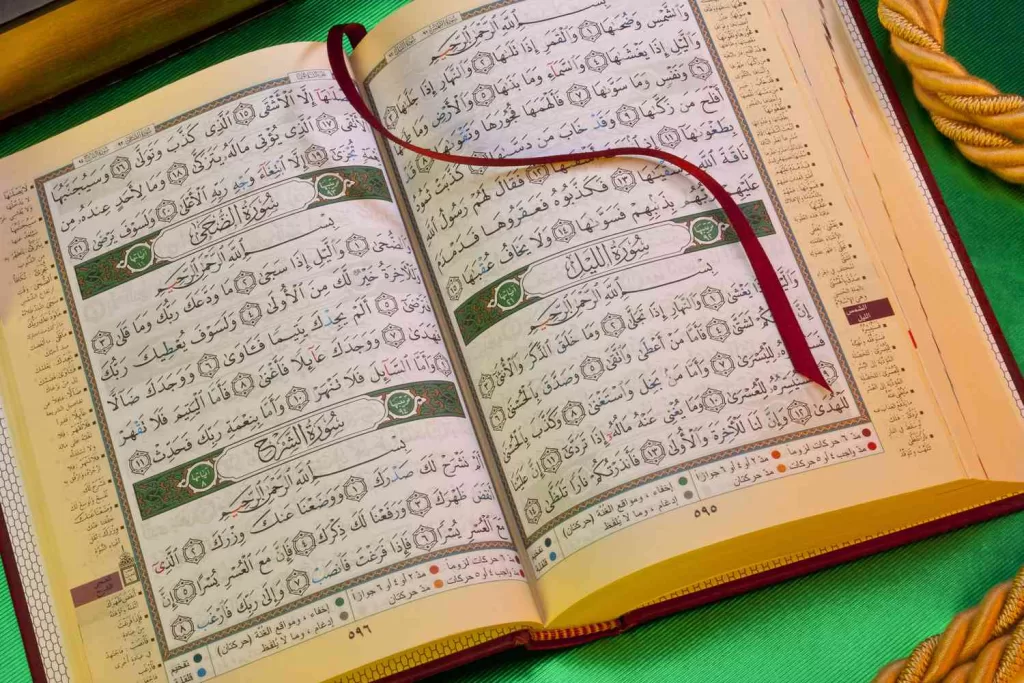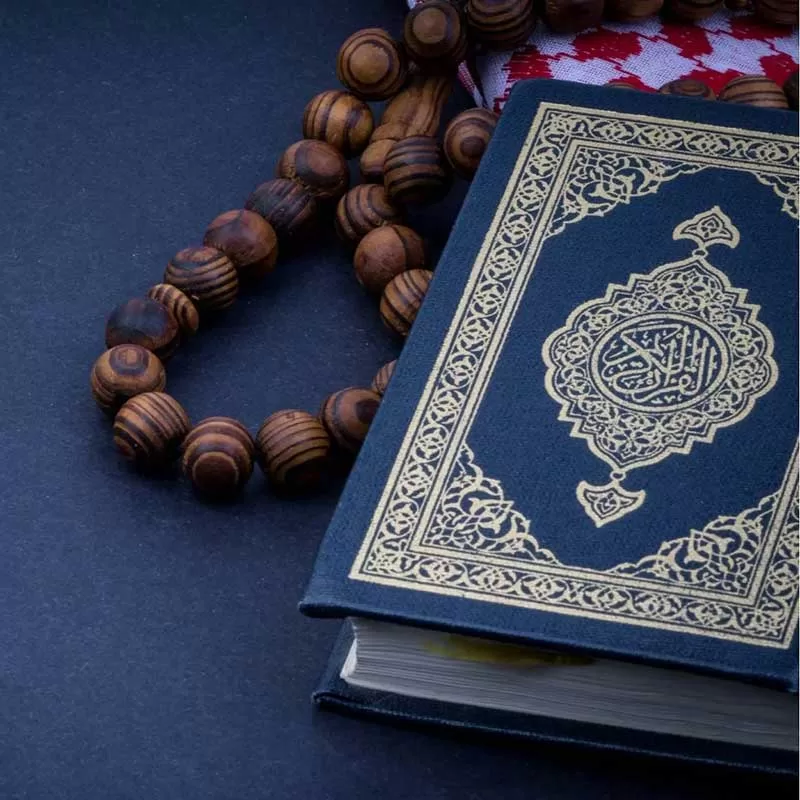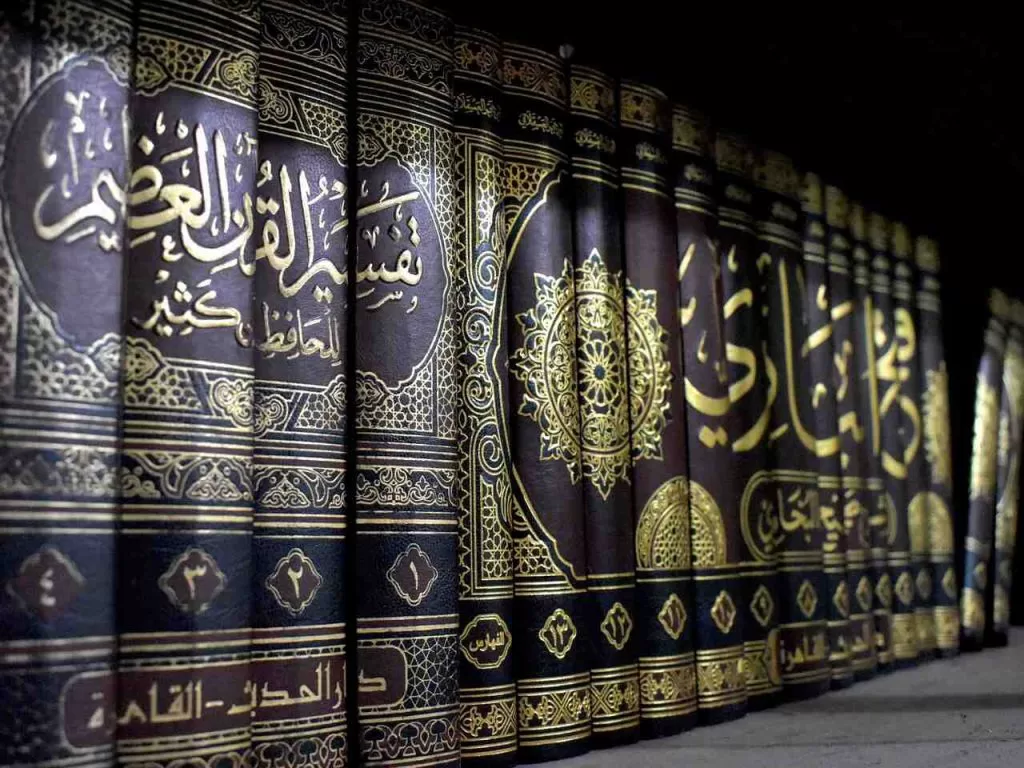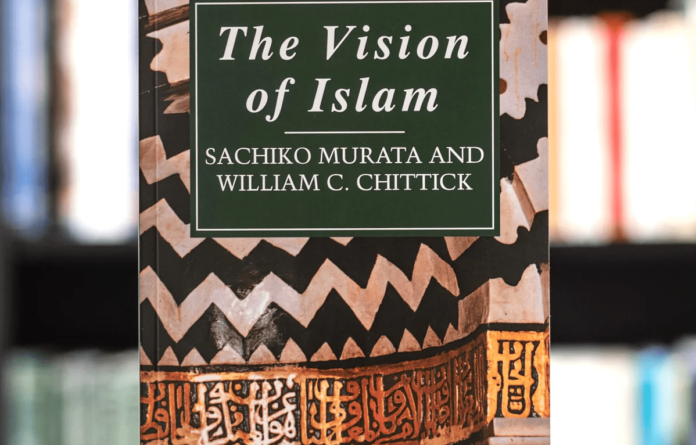Introduction
In the last issue of DJ, “Tanzih and Tashbih” were discussed, the key concepts in Islamic theology representing God’s dual nature of incomparability and similarity. Tanzih means declaring God’s incomparability, emphasizing that He is free from all imperfections and unlike any creation. It highlights God’s transcendence, as in the Quranic verse “Nothing is like Him” (42:11). Names reflecting Tanzih include Holy, Glorified, and Transcendent. “Tashbih” means affirming similarity, suggesting that God shares attributes with His creation to interact with them. Attributes like life, knowledge, and mercy show God’s closeness and relatability. Names such as Compassionate and Merciful illustrate “Tashbih”. Together, Tanzih and Tashbih provide a balanced understanding of God’s nature—both transcendent and immanent. In daily life, Muslims express these concepts through phrases like “Praise belongs to God” (tashbih) and “Glory be to God” (tanzih). These concepts are essential to Tawhid (the oneness of God), highlighting the need to recognize both God’s distance and nearness to fully grasp His nature. “Next is His Mercy and Acts”.
Mercy’s Precedence
The perspective of tawhid asserts the oneness of God, who is the only true reality. It recognizes that God is related to all things in the universe: without some contact with reality, the things could not exist. It asserts that God is infinitely beyond all things (tanzih), but it also declares that he is present within all things (tashbih).
We suggested that the names of majesty and wrath are more closely connected to tanzih than to tashbih, because the majestic names assert the utter otherness of God, his grand power and magnificent tremendousness. Names like All-Compeller, Intensely Severe, All-Subjugating, and Terrible in Punishment give news of a distant king who runs his kingdom the way he likes, without a thought for your feelings or mine.
In the same way, the names of beauty and mercy are more closely connected to tashbih than to tanzih, since they give news of someone who is intensely concerned for even the smallest details of everyday life. If God were not “closer than the jugular vein,” why does he say “Call upon Me, and I will answer you” (40:60)?
If we understand God to be both near and distant, both caring and unconcerned, both gentle and severe, we may soon find ourselves bewildered about God. Should we fear his wrath or hope for his mercy? As indicated above, the traditional answer has always been that people should have both fear and hope. Without fear, people become bold and do whatever they want, not worrying about the consequences. Without hope, they shrivel and die.
Is either hope or fear to be preferred above the other, or should people have them in equal measure? If God’s majestic and beautiful attributes stood in exact balance, then it would have to be said that people need fear and hope in equal measure. But in fact, the tradition says that majesty and beauty do not stand on the same level.
We showed earlier that fear of God does not produce the same reaction as fear of a creature. In this world, when you fear something, you run away from it, but if you hope to receive some benefit from it, you go toward it. However, the only logical way to act when you fear God is to go toward him, since there is nowhere to run. Likewise, hope and love for God encourage people to go toward him. Every relationship with God encourages seeking out nearness with him. The human reaction to God’s distance should be to seek nearness to him, and the human reaction to his nearness should be to seek greater nearness. Nearness is an attribute of tashbih, not tanzih.
The message of God’s incomparability is that people should strive to achieve similarity. And the message of similarity is that they should strive to achieve greater similarity. Similarity, not incomparability, is the desired goal.
Of course, God is distant from human beings. And once again, this is the God of tawhid, not the God of contemporary popular culture. This is the God who is the source of life, knowledge, desire, power, speech, mercy, good, and everything real. To say that God is distant is to affirm that people dwell far from reality, because their life, knowledge, desire, power, and other positive qualities are exceedingly faint and fleeting. But God is also near, because nothing can escape reality. To speak of human beings is to speak of life, knowledge, desire, and so on, no matter how faint these attributes may be. There can be no escape. into an absolute nothingness, because these qualities do not belong to people in the first place. How can you throw away what you do not possess? These are God’s qualities, and they stay with us as he decides. As we will see when we discuss the Return, Islam insists that death is merely transferal from one abode to another. Circumstances change, but not the basic attributes of existence.

All this is to say that God is real, whereas created things are unreal. Any reality that creatures may possess has been given to them by God and remains in his power and control. They have no way to escape their God-given reality. Reality is everything, while unreality is nothing. Reality pertains to God. The more real a thing is, the closer it is to God. The less real it is, the farther it is from God. But even in distance, things are near to God, since to be real is to be a sign of God, a ray of his light.
The Koran and the Hadith normally discuss nearness and distance in terms of their human consequences. To be distant from God is to be controlled by the attributes of majesty and wrath, and this can be a painful situation. To be near is to be controlled by the attributes of beauty and mercy, and this is a pleasant place to be. We will see how the Koran associates hell with distance and paradise with nearness. Here our point is that beauty and mercy are more real than majesty and wrath, because beauty and mercy represent closeness to God. That which is close to God is more like him than that which is distant, and thus more real. Hence the attributes of tashbih are a better representation of the Real than the attributes of tanzih.
One of the ways in which the Koran refers to the fact that the names of beauty and mercy represent God’s true nature more accurately than the names of majesty and wrath is in the statement that God’s mercy embraces all things. “I strike with My chastisement whom I will, but My mercy embraces all things” (7:156). The Koran never suggests that God is wrathful toward all things. He is wrathful only toward those creatures who refuse to accept his nearness to them, who fly in the face of reality through their thoughts and actions.
The Prophet reported that God has written upon his Throne, “My mercy takes precedence over My wrath.” This precedence is not temporal, it is ontological. In other words, mercy is more fundamental to reality than wrath. Mercy pertains to the very nature of the Real, whereas wrath is a secondary attribute that rises up because of the specific situations of certain creatures. The idea that God’s mercy takes precedence over his wrath is one of the most important principles of Islamic thought. It has innumerable repercussions both in theory and in practice. We will often come back to it, but for the time being, it is important to see this principle as establishing a relationship between tanzih and tashbih.

God’s incomparability is a fact of existence, but his similarity is a more fundamental fact. Tawhid tells us that God is different from us, but it also tells us that God is not different in every respect, and this second statement has the final say. Mercy takes precedence, and mercy establishes nearness to the Real. Islam begins with the perception of difference. We are different from God and far from him. God is utterly other, and created things are totally helpless because of their lack of any positive qualities. But the purpose of Islamic teachings is not to leave people in wrath (distance), but rather to take them to mercy (nearness). People are supposed to do something about their distance from God, and if they do, they will move toward nearness. Nearness is desirable, because it is nearness to everything that is real, good, beneficial, and enjoyable.
As a divine attribute established in relation to the creatures, mercy is everything that God does to allow people to benefit from the good and the real. Mercy represents God’s fundamental motive, since mercy is God himself. Wrath is an accidental affair that will eventually disappear, since wrath pertains to things that are isolated from God, and nothing can be isolated from God in a real sense. As soon as nearness is achieved, wrath is effaced.
With these remarks on the fundamental role that mercy plays in Islamic thought, we end our discussion of God’s names and attributes. In no way are we implying that this discussion could ever be completed, since exploring the names and attributes is merely a way of explaining tawhid. And tawhid is the explication of how God is connected to his creatures, who are the infinite signs. For every sign of God, there is a lesson to be learned about God, something to be understood about his nature. But the signs have no end, because the universe, which is everything other than God, has no end.

ACTS
The attributes of God can be discussed endlessly, but they are normally summarized as ninety-nine names. In the same way, the attributes of the universe can be discussed endlessly— as modern science illustrates—but the Koran and the Hadith provide clear organizing concepts that have allowed Muslim scholars to picture the cosmos as a grand, coherent panorama of the signs of God, or a vast collection of verses announcing a single message.
In the language of Islamic theology, the use of the term acts of God to refer to created things indicates that all things are creations of God and signs of his attributes. As we saw earlier, the term acts is employed in the context of the terms essence and attributes. The essence of God is God’s very self, his reality as he alone knows it. The attributes of God are those qualities of God’s self—his names—that he reveals to his creatures through the signs, whether scriptural or natural. The acts are the things and events of the universe that appear through God’s activity. The relationships among these three terms can be understood if we apply them to ourselves. The essence of a person is the person, without regard to qualities such as male or female, old or young, pleasant or unpleasant, intelligent or stupid, strong or weak. The attributes are the qualities possessed by the person, such as maleness, youth, pleasantness, and intelligence. The acts are everything the person does or makes manifest that leads us to the conclusion that he is young, pleasant, and intelligent.
Notice that the acts depend on the attributes, and the attributes depend on the essence, whether we are talking about God, or people, or anything else. A student attends class, which is an act, on the basis of a large number of attributes, such as life, knowledge, desire, power, and speech. All these attributes depend on someone being there—the essence. If no one is there, we cannot discuss attributes. Take another example: You are a carpenter who builds a house. The essence is you. The attributes include knowledge of carpentry, the desire to build the house, and the power to lift hammers and saws. The acts are all the things you do to build the house. The final act, which is analogous to the whole universe, is the house.
In short, when we discuss God and tawhid, the discussion takes place on three different levels. First, we recognize that a single reality is there (the essence), hidden behind the diversity of appearances. Second, we describe the ways in which that something appears to us, and our descriptions are called attributes. Third, we describe the things that are apparent before our eyes as acts and we recognize that these acts depend upon those attributes.
God’s acts are all the things that he creates in the universe throughout time and space. The universe, or cosmos—in all its temporal and spatial extension—is a single infinite act that externalizes everything that God knows about it in his infinite knowledge.
From one point of view, we can say that only two things exist: God and his act.
Normally, this perspective is expressed by saying that we have God and everything other than God. “Everything other than God” is thus a synonym for the cosmos, or for the sum total of all God’s acts. The attributes, or names, then describe the perceived relationship between God and the cosmos. The attributes do not exist as entities; rather, they are understood by the mind as designating how the acts are related to the Essence.
Take yourself as an example. In all of existence there is you and other than you. Your attributes do not exist as a third set of things, different from yourself and others. Examples of your attributes are small and large, mother and daughter, intelligent and stupid, strong and weak, forgiving and vengeful, and so on. You are small compared to mountains, planets, and stars, and large compared to insects, microbes, and atoms.
You are mother in comparison to your children, and daughter in relation to your mother. You are intelligent compared to some of your friends, your dog, and bugs. You are stupid compared to some of your acquaintances and people like Aristotle and Einstein. You are forgiving when a puppy nips you, but vengeful when a mosquito drinks your blood. All our attributes depend upon our relationships to other things. In the same way, God’s attributes can only be conceived of in terms of his relationship to other things, and those things are everything other than himself, his acts.
To be continued ……
Book Reference:
Vision of Islam [1]
https://docs.google.com/document/d/e/2PACX1vRUglxIy eC_DBO4MHoeo5KHCpJn8O5FoBGUpQK7f2RHp_T_eP9LzHCXx_2dmvqsV1oPNHzzzk9zikp/pub
[1] Islam of Vision اردو ترجمہ مکمل کتاب
http://www.williamcchittick.com/wp-content/uploads/2019/06/Chittick-and-Murata-Vision-of-Islam-Urdu-Translation-by-Muhammad-Suheyl-Umar.pdf \
https://salaamone.com/vision/
https://traditionalhikma.com/wp-content/uploads/2015/02/Vision-of-Islam-by-Sachiko-Murataand-William-C.-Chittick.pdf
https://defencejournal.com/2024/02/10/the-vision-of-islamogle.com/document/d/e/2PACX-1vQ1z8Ir3qtr7n-cxqIWOsHeTPFF_DQCICO1lU_AEc0D4jfH08bEBSTXfpTJa0UGLVpKXAAWGDPRrXbr/pub





